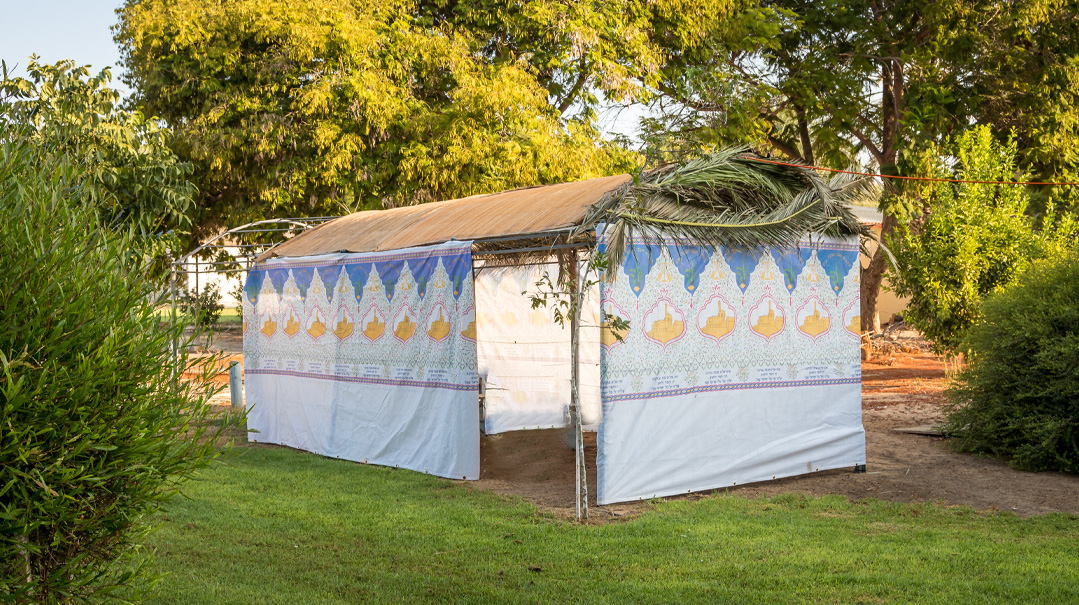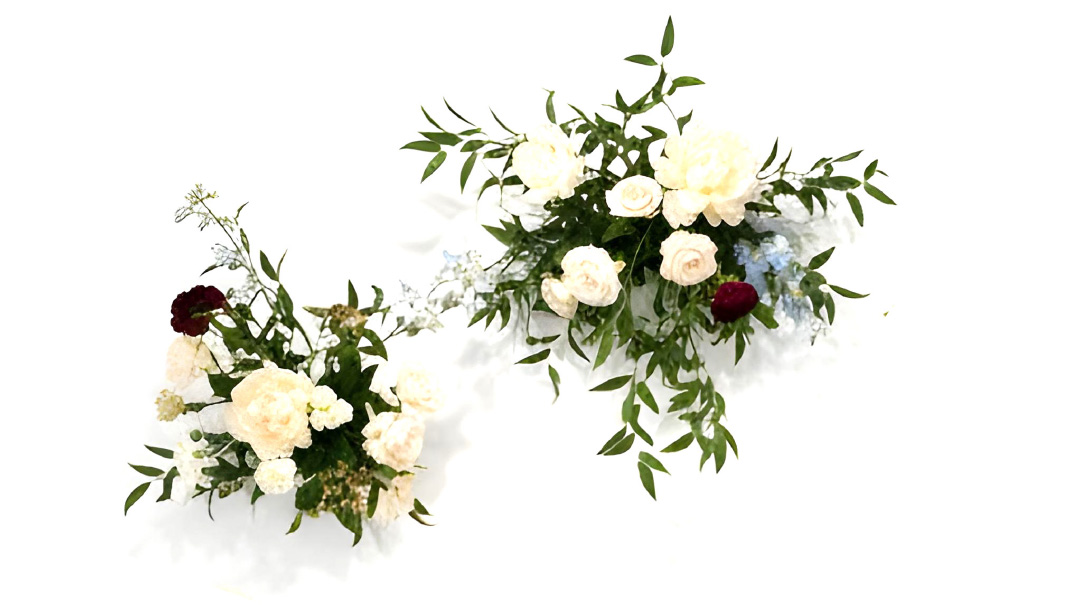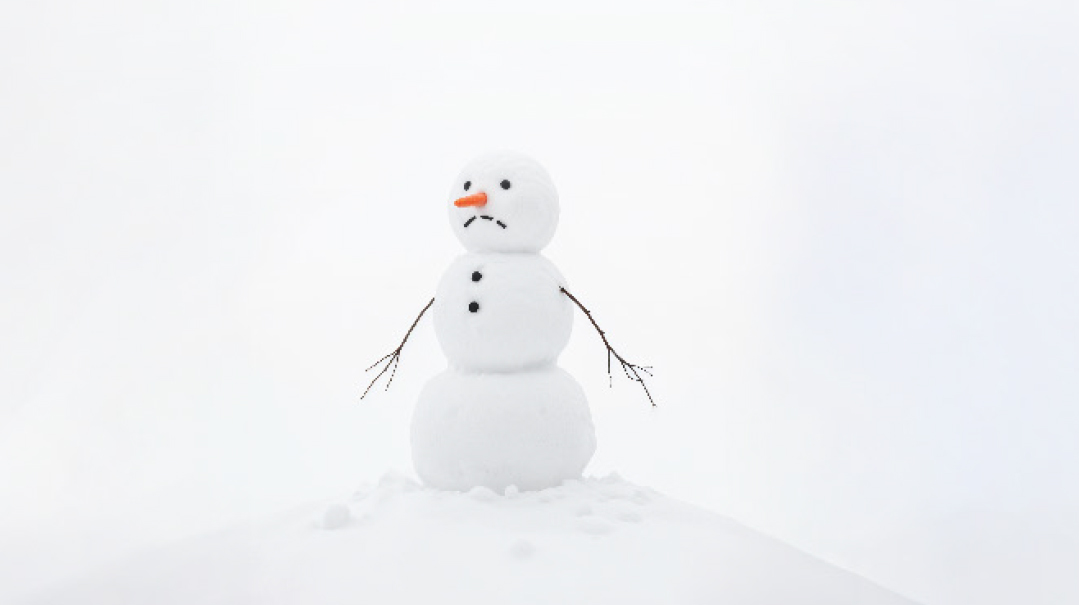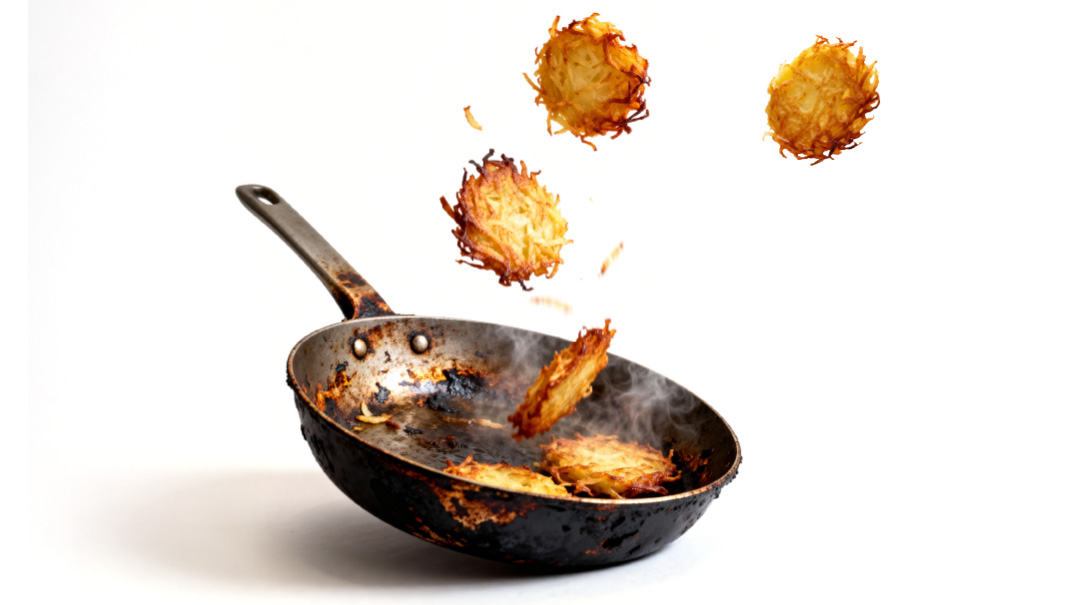My Father’s Succah
| October 6, 2022I don’t think we were conscious of how little time we spent with our father

IT
was always a careful thing, helping my father build the succah when I was young.
Climb up the ladder, tentative and slow.
Hold the hammer as Abba grips the nail.
Bang it gently, sure I’m going to hit his big fingers instead of that tiny nail.
Finish, pleased and proud, sure the succah was as good as built now that I’d had a part in building it.
Abba used to put me in charge of jobs like organizing the nuts and butterflies, picking them out of a mass of screws, and putting each one into the proper compartment. My husband does the same thing with my son now, and I realize it was probably just a way to keep an over-eager eight-year-old busy while he’d build the succah. But back then, I thought of myself as a vital part of the construction process.
Succos was a precious gift to us kids. My father is the rav of a kehillah and a lawyer, and his free time has always been limited. When we were younger, he’d come home from work at dinnertime to visit, then go to his “other home,” the shul two houses away, where he’d learn and give shiurim and have meetings. On Shabbos, we’d have our meals together and learn Navi for a little while until he’d return to shul.
I don’t think we were conscious of how little time we spent with our father. The time we did spend together was quality time, the sort that lasted in our minds. He’d take a few days off when we had vacation and send us on grand scavenger hunts or organize competitions. Shabbos meals were full of chatter and Torah. We’d act out dramatic scenes between Eliyahu HaNavi and Achav, and we always felt welcome at the shul when we needed something.
Succos was when the world transformed. “Basuccos teishvu shivas yamim” meant exactly that for my father. He moved into the succah, fully and wholeheartedly. For eight days, he ate and slept in the succah.
But it didn’t end there.
All of his free time was spent inside the succah, sitting at the table and learning or holding meetings. The rest of us would traipse inside the house to the couches and the toys, to the air conditioning and the bee-free rooms.
Inevitably, we’d creep back out. My father, sitting just outside the big picture window — eyes fixed on a sefer, his finger running along the words as he read them — had a magnetic pull. Here, he was accessible. Here, we could sit with him and talk to him, could ask him anything on our minds and make him laugh at how ridiculous we were. My father tolerated it gamely, though I’m sure he just wanted to learn, and we’d occasionally get sent back inside if we got too shrill or too messy.
On Motzaei Yom Kippur, we’d all help put up the sechach. Back before we had bamboo mats, that meant dozens of long bamboo sticks. I was always the first outside to help pass them to Abba, watching three blue-painted walls transform into a sanctuary with their new ceiling. We’d prod at the sechach and try to get it just right, and when we’d finish that, my sister would take charge of the decorations.
When I was younger, none of my friends lived nearby, and Succos could have been a lonely Yom Tov, long days without the distraction of the Yamim Noraim davening or pre-seder naps. But instead, I’d wander into the succah, sitting all the way down the table from my father, ostensibly to read a book. When I struck up a conversation with him, my father never let on if he was annoyed at the interruption. Sometimes we’d have visitors, too, and I’d listen to the adult conversations, drinking in every word.
I read once about the Rambam bemoaning to a friend about how much time his medical practice took from his learning. It felt like a mirror to today, to my father, who only ever wanted to sit and learn. We were joyful intrusions, my siblings and I, stealing moments with Abba in his makeshift beis medrash, learning a little more about our father with every Succos that passed. We knew him as a father, as a rav, as a teacher, and even as a beleaguered entertainer when the situation demanded it.
In the succah, we found out that he was a person.
I always knew that my father hadn’t been raised frum — we couldn’t eat in my grandmother’s house, and she still called him by his English name. It was in the succah that I first heard about the principal who had sat with Abba at lunch every day of first grade and taught him about Yiddishkeit. It was in the succah that I heard about his adventures in the public high school where he’d gone, studying Gemara in the library after classes. It was in the succah that I heard about Abba’s relationship with his rav, who’d lived two houses down before it was turned into a shul.
Abba became someone real to me in the succah, someone I began to understand with age and time spent together.
We were always in motion in childhood, always in a rush to school or friends or homework, and my father’s presence was always felt, but seen far less often. On Succos there were still, quiet afternoons where we lingered in Abba’s orbit, sometimes content to remain silent. Succos was our Yom Tov with Abba, and we still treasure every moment of it.
In our first year of marriage, my husband rebuilt Abba’s succah, so it was no longer a mess of nails and butterfly screws. It’s easy to put together now without any help, and my children run in before Yom Tov and stare with wonder at the succah that has sprouted, seemingly overnight.
The succah is still Abba’s domain. I watch from the big picture window as my older son wanders outside to learn with Abba, and my toddler climbs onto his lap as he gives a shiur. My children make themselves comfortable in the succah, creeping out two at a time to settle down around Abba and wait for conversation to begin, living echoes of my own childhood.
And sometimes, I come out to join them and Abba, too.
(Originally featured in Family First, Issue 813)
Oops! We could not locate your form.







